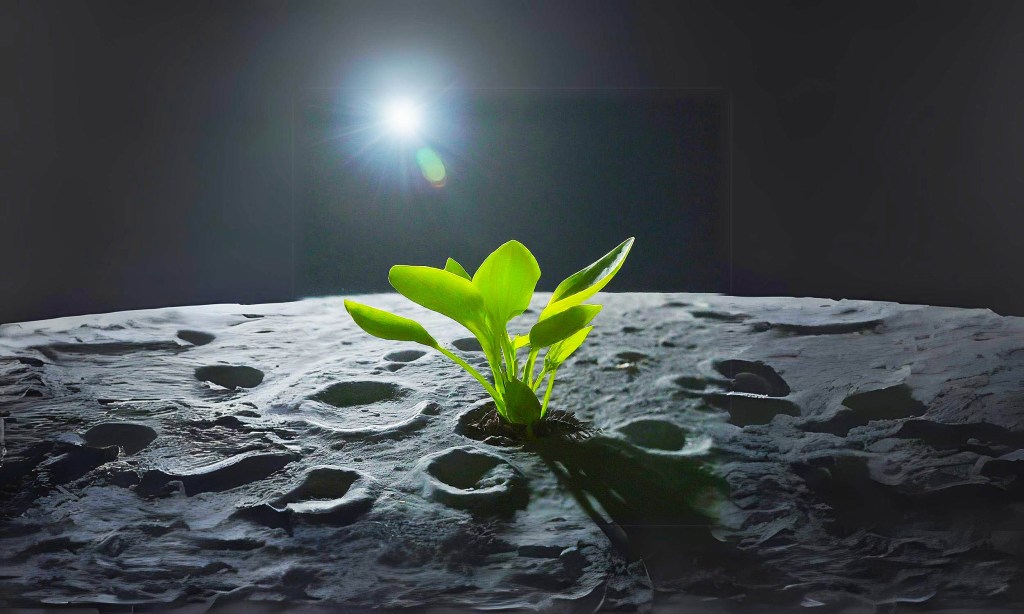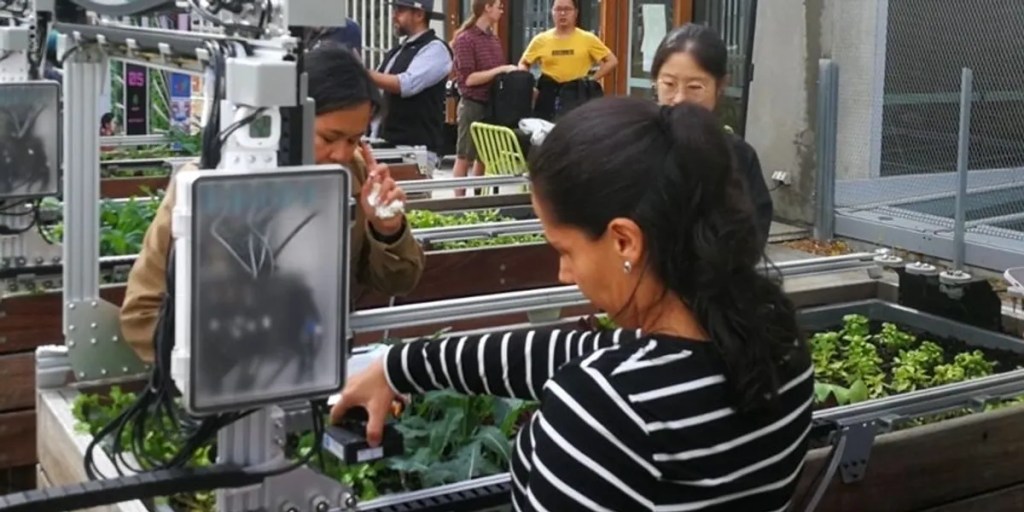NASA has announced a project in cooperation with multiple universities in Australia to cultivate and return the first lunar-grown plants to Earth.
NASA says the Lunar Effects on Agricultural Flora (LEAF) project – to be conducted when humans make the first trip back to the moon in 50 years during the upcoming Artemis III mission – will aim to develop novel plant-based foods and biomanufacturing technologies that assist humans to explore deeper into space, while also advancing on-Earth sustainability.
Slated for a September 2026 launch, the mission will include partners from the Australian Research Council Centre of Excellence in Plants for Space (P4S) – headquartered at the University of Adelaide – as well as involve Australia’s La Trobe University, with additional analysis to be conducted by the P4S node at the University of Western Australia.

P4S Director and University of Adelaide Professor, Matthew Gilliham said: “The learnings and technologies we gain by growing plants in a completely closed loop, as we must do in space, will provide new options for improving sustainable plant production and processing here on Earth.”

P4S Chief Investigator, Jenny Mortimer, said: “The data we capture from the mission, both from the lunar surface and what we learn when we analyse the samples upon return, will help us to design the lunar and Martian crops of the future.”
Professor Mathew Lewsey, of P4S and the La Trobe Institute for Sustainable Agriculture and Food, added that the data could be used to improve plant resilience to radiation and other environmental challenges.
Head of the Australian Space Agency, Enrico Palermo, said that the technologies and practices developed as part of the program will, “improve life on Earth and benefit all Australians by addressing challenges like food security and water scarcity.”
To stay up-to-date on the latest industry headlines, sign up to Future Alternative’s enewsletter.
Posted on:


